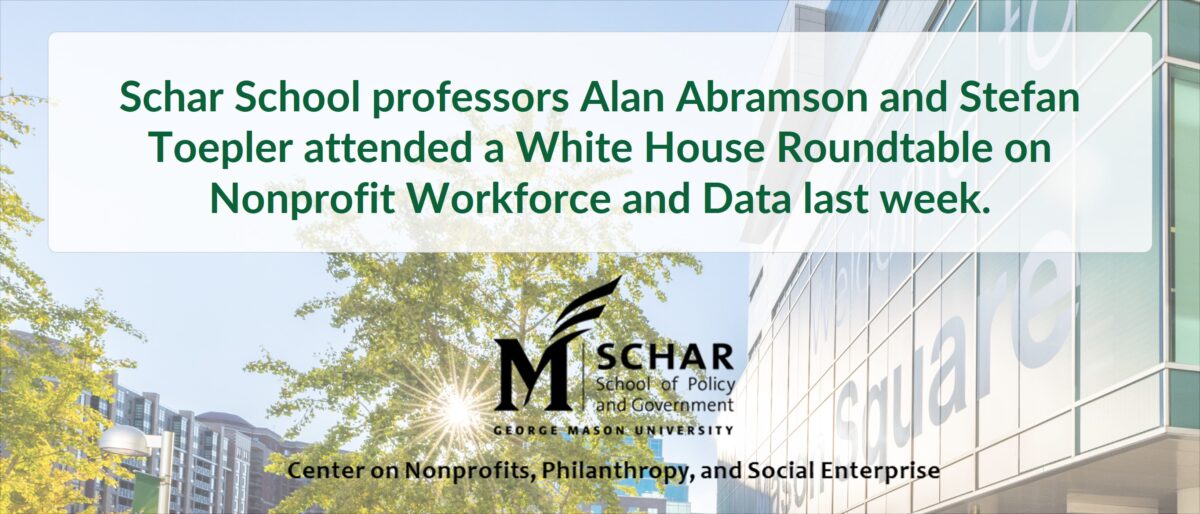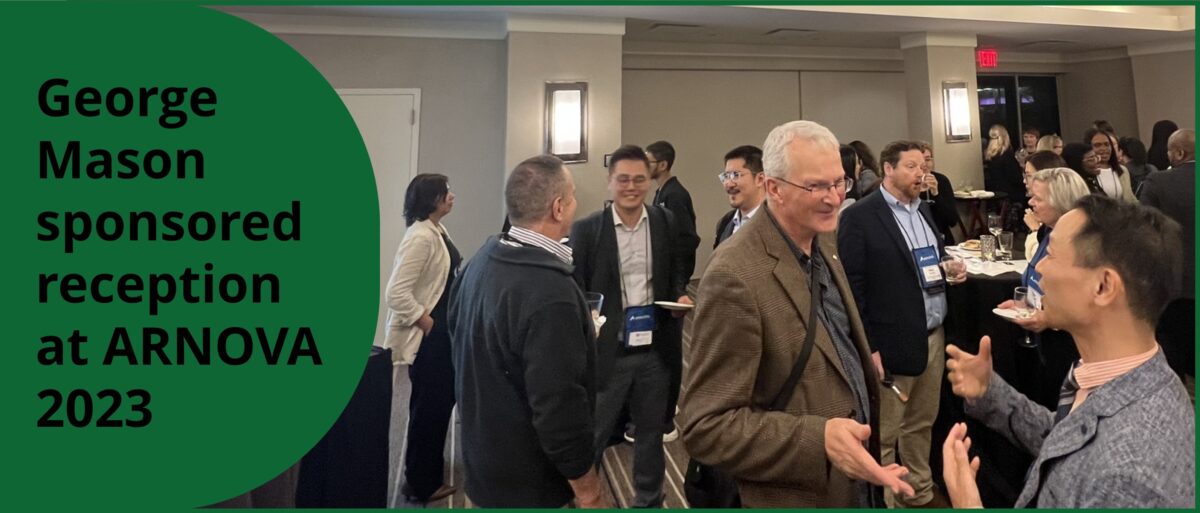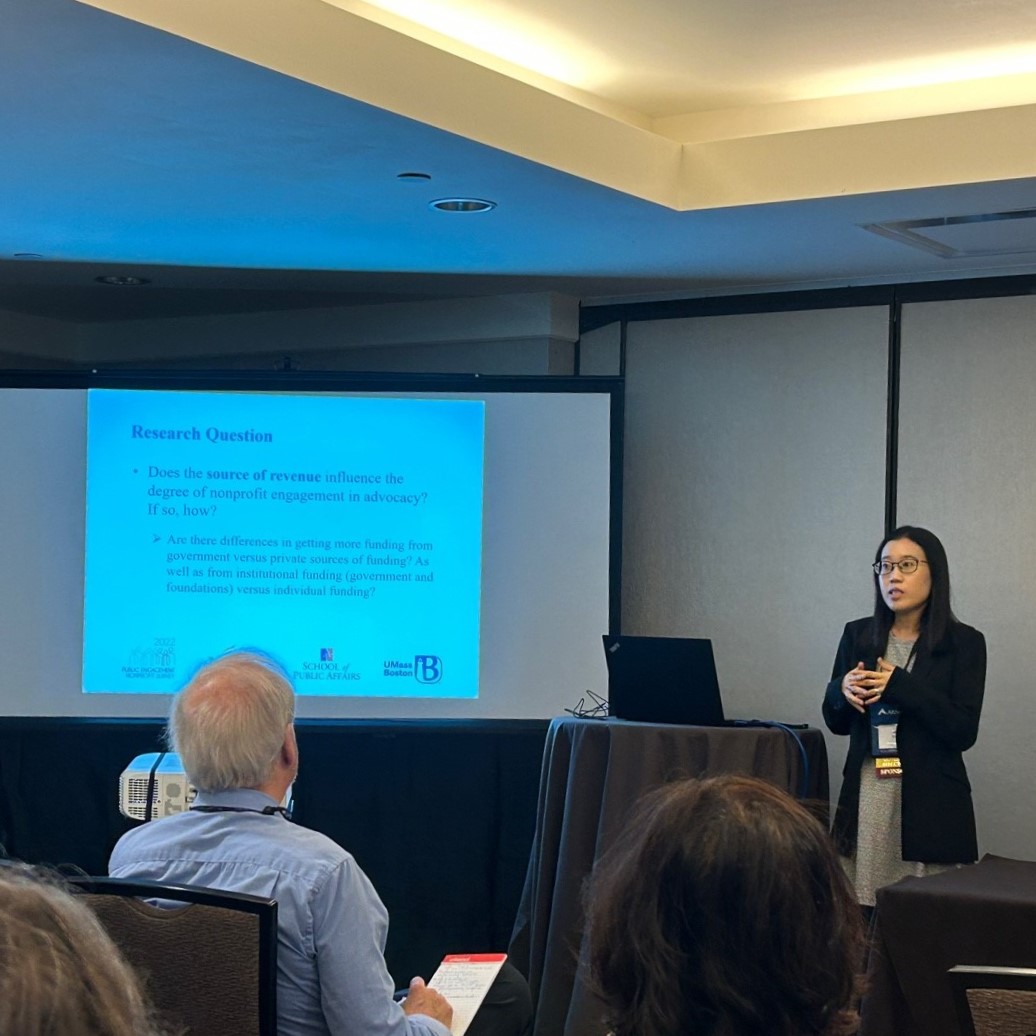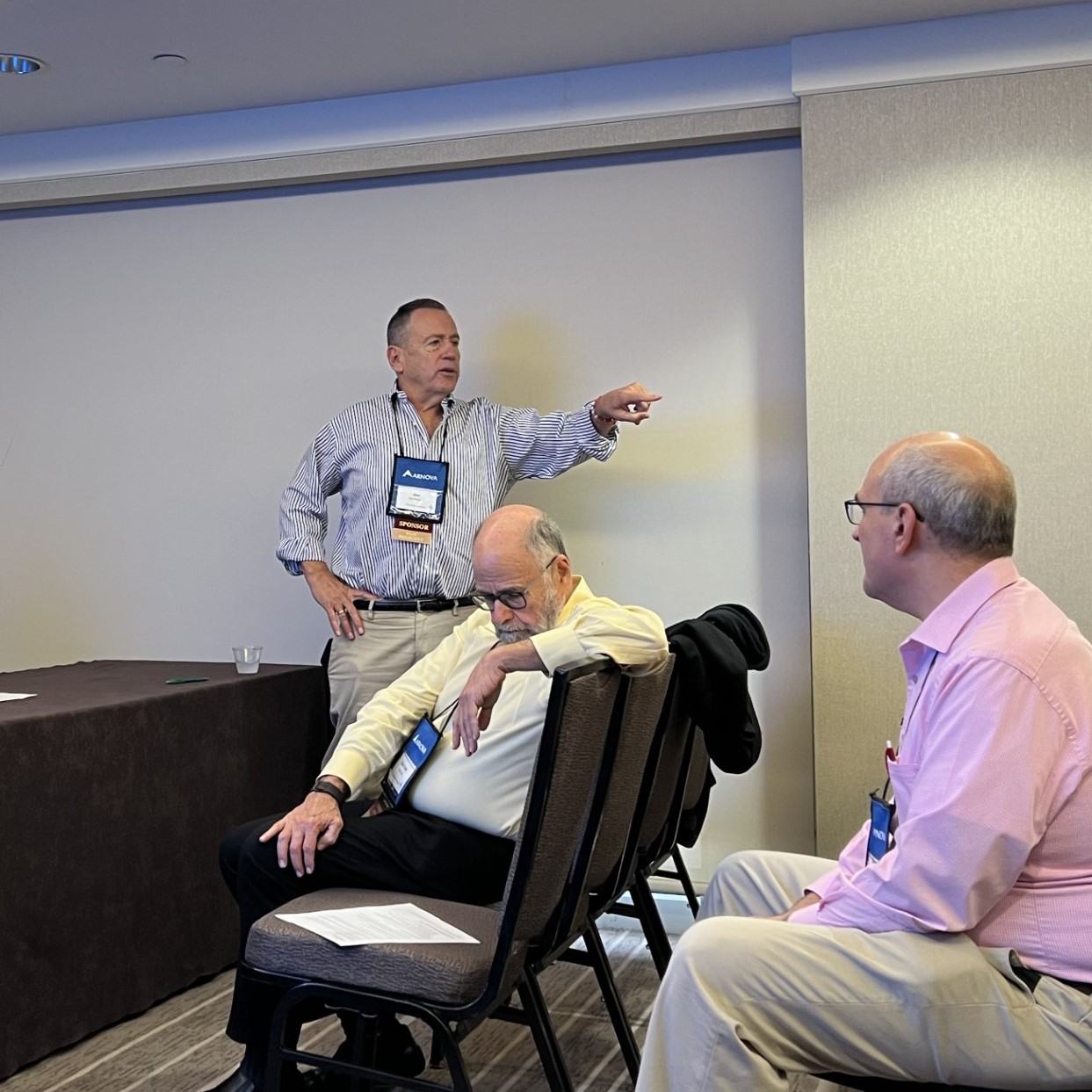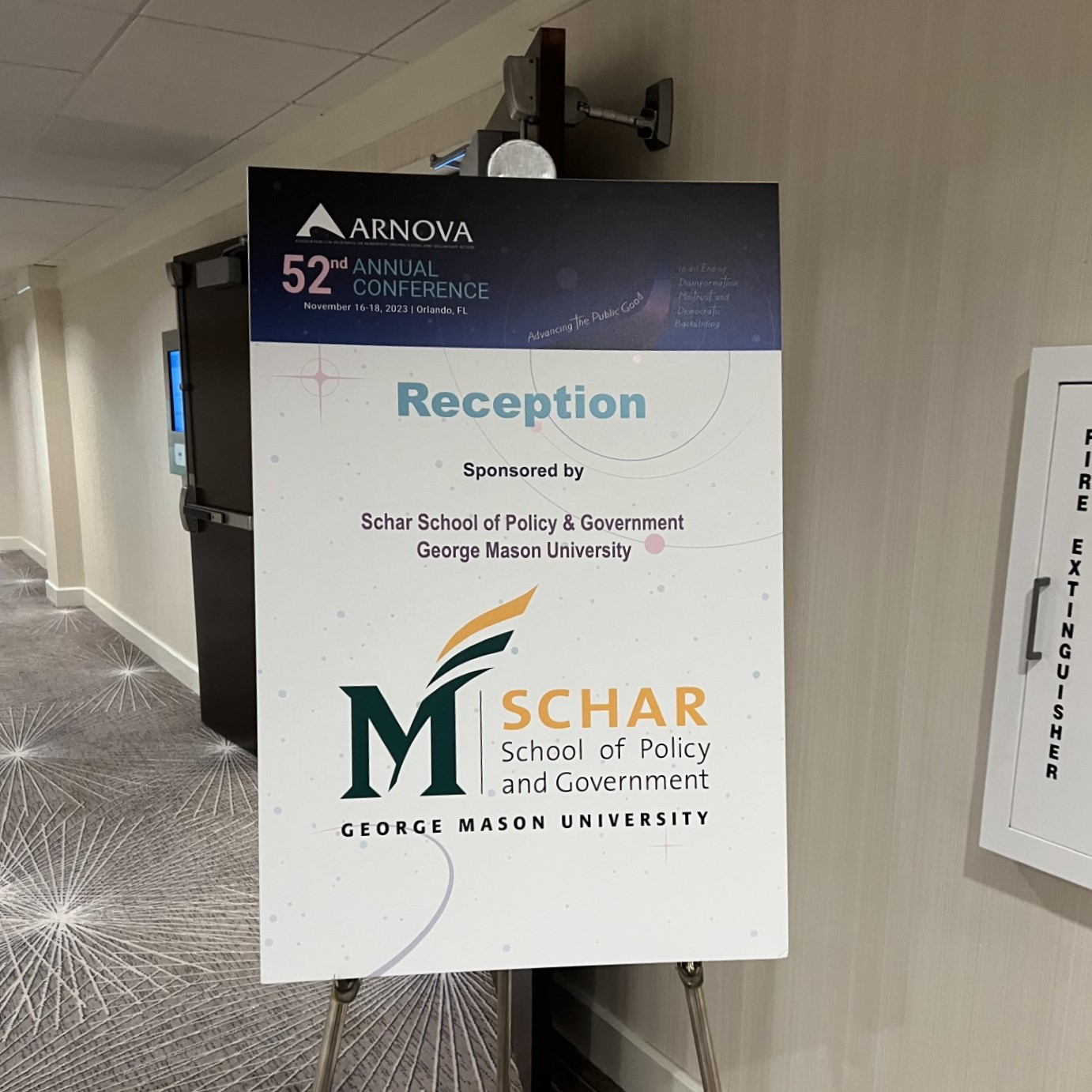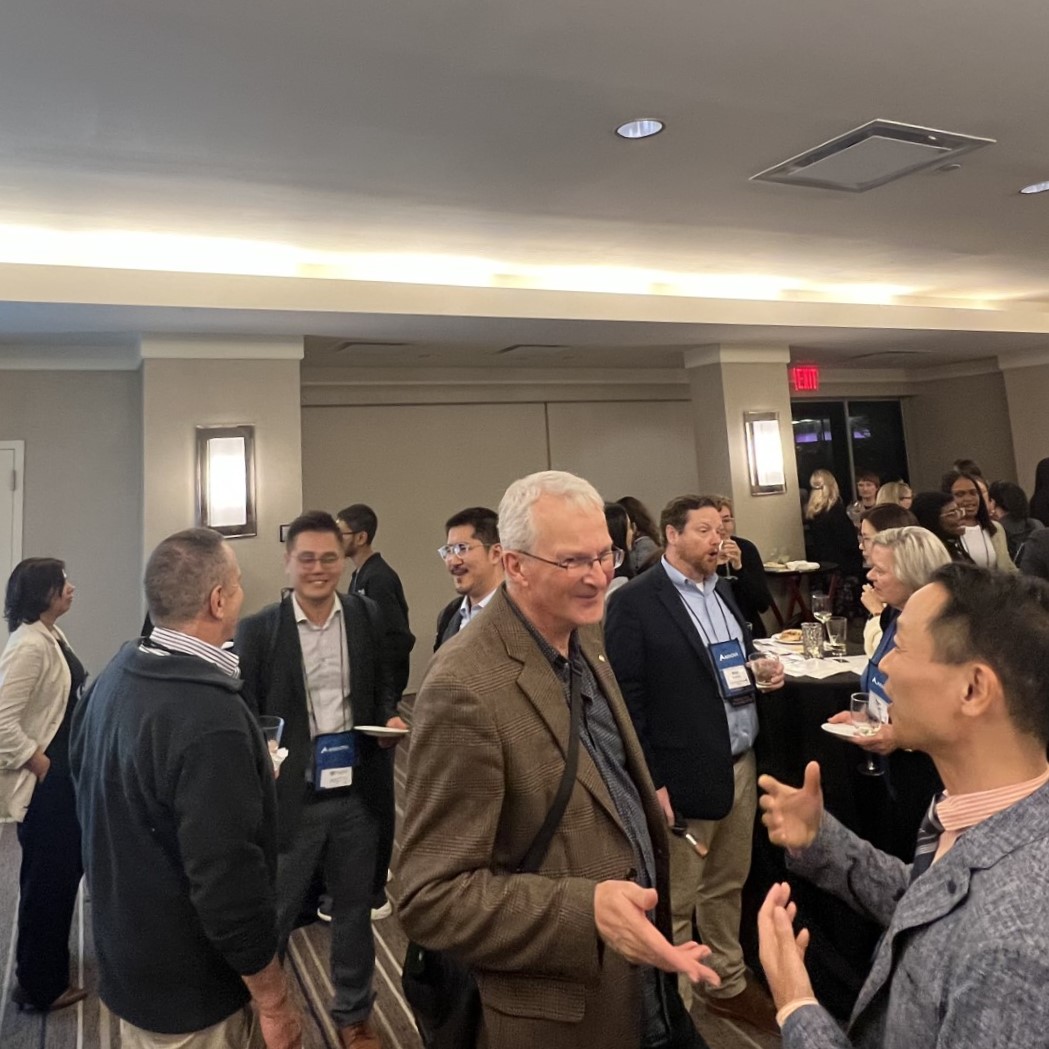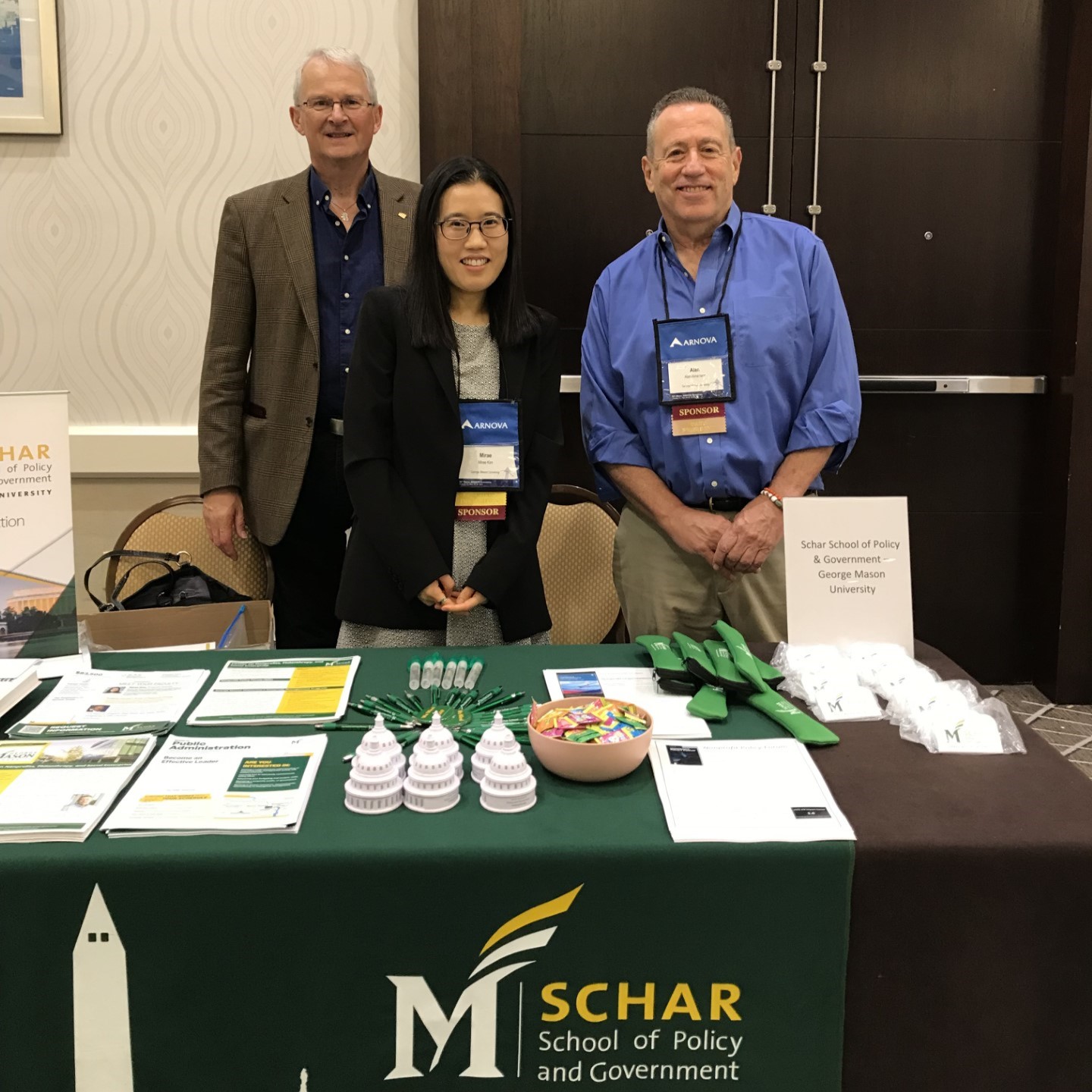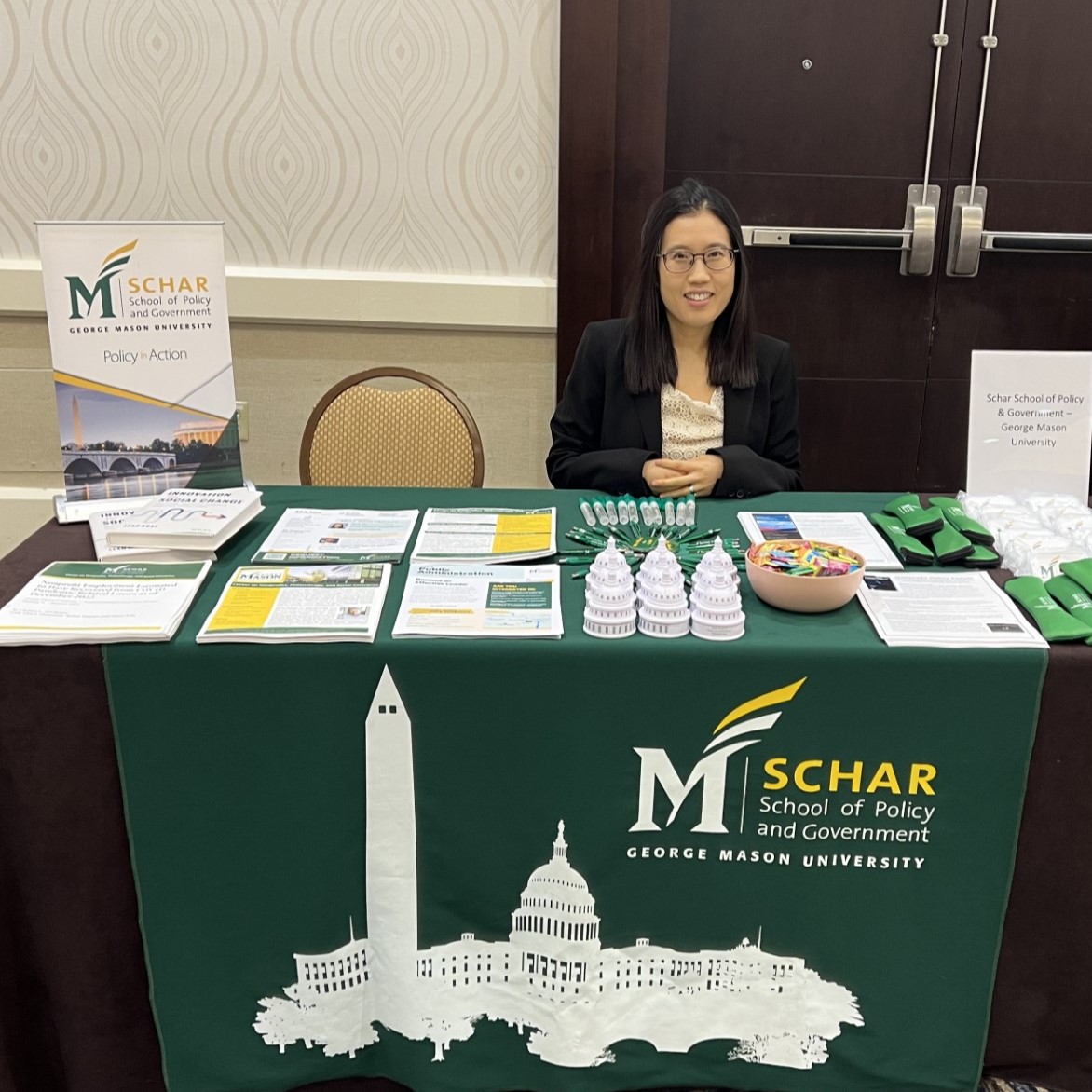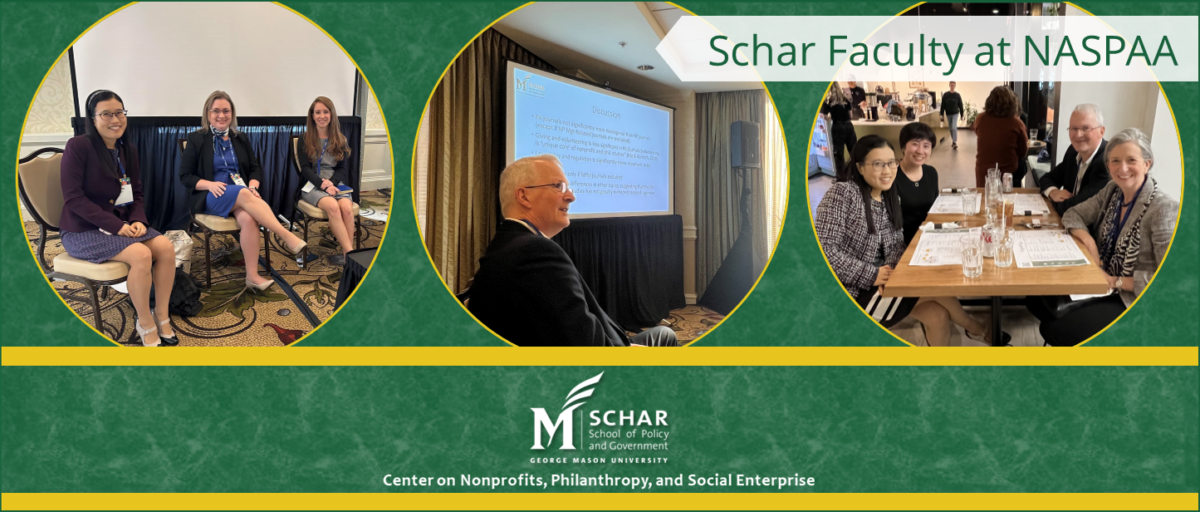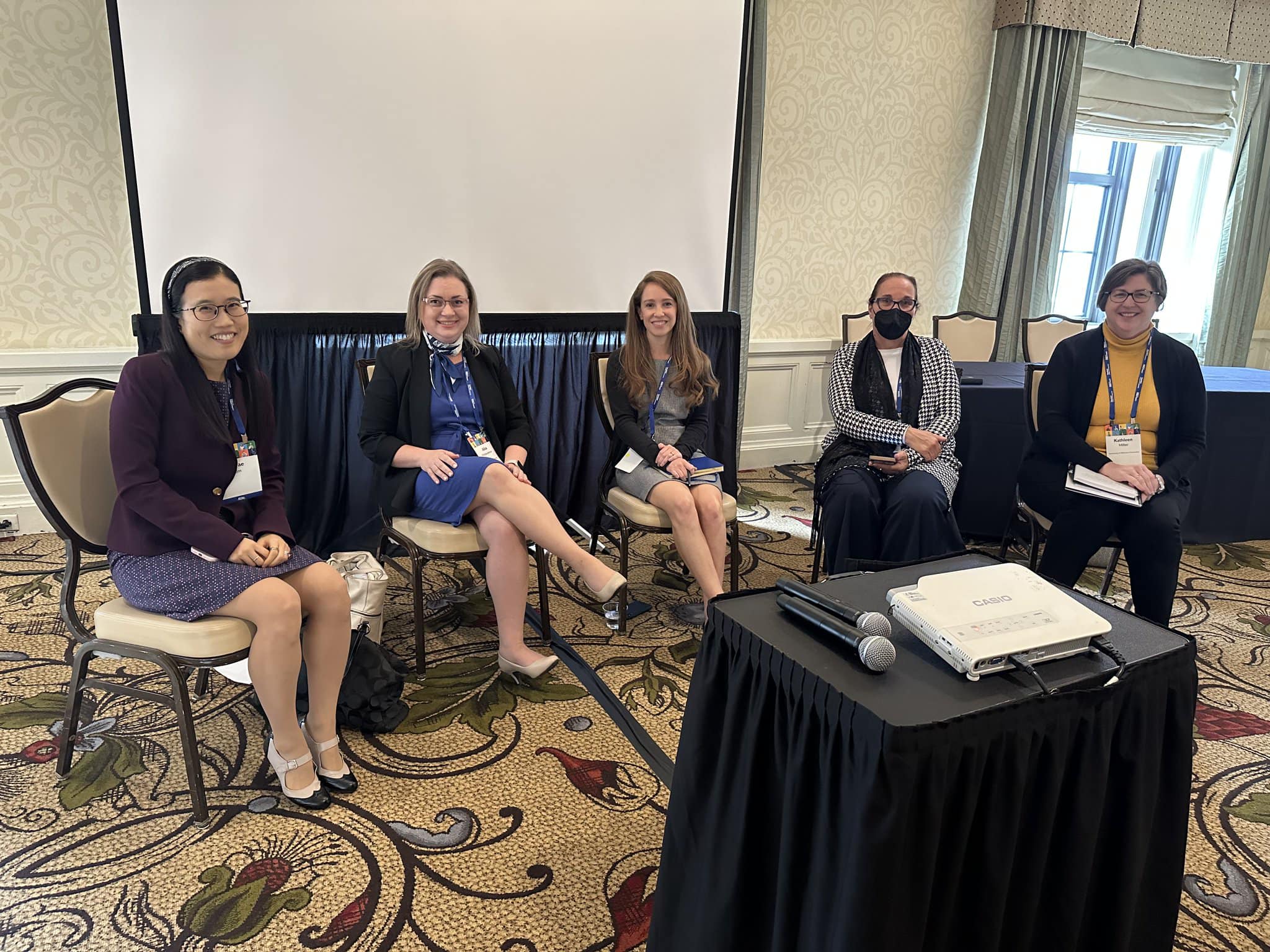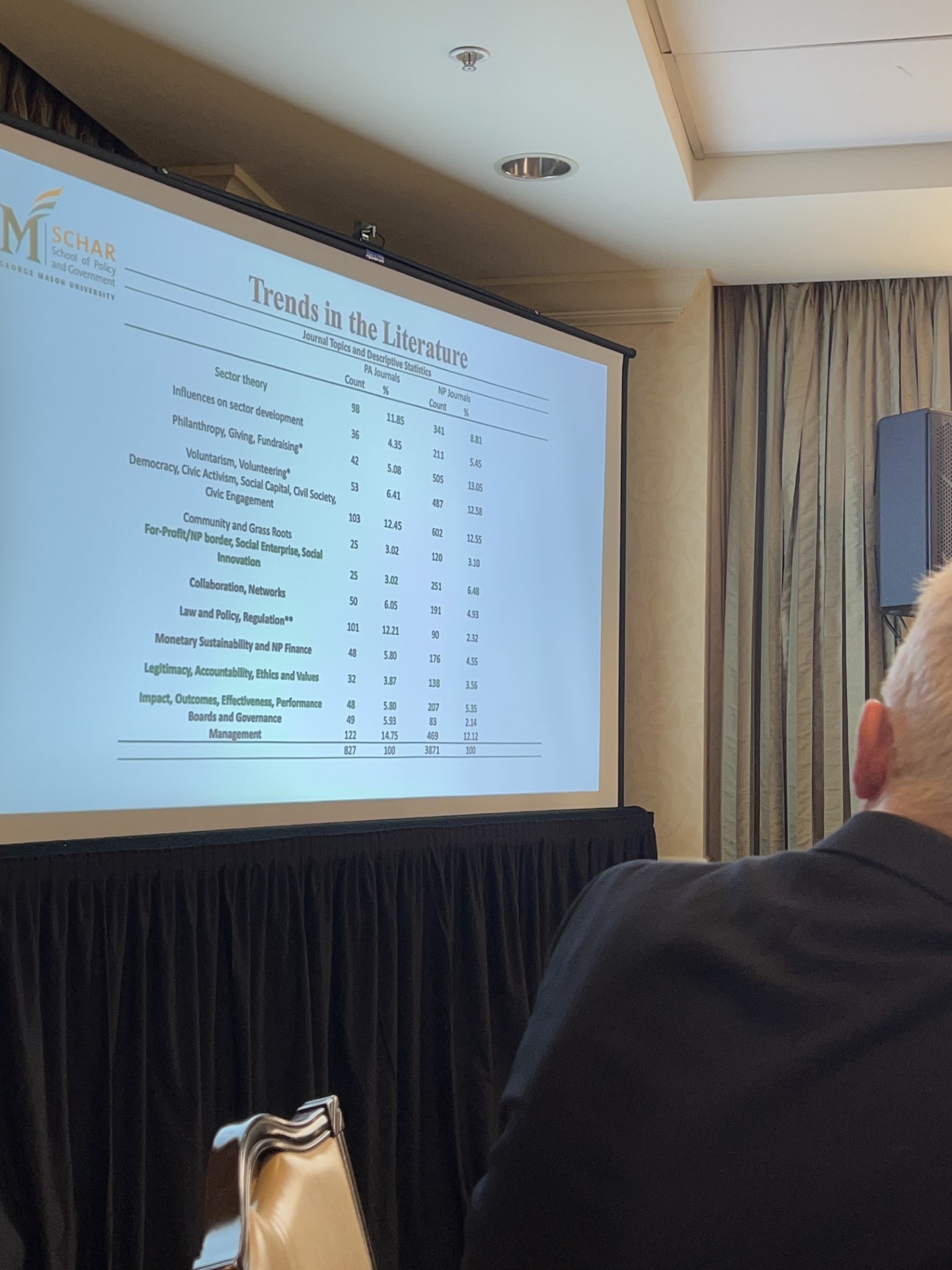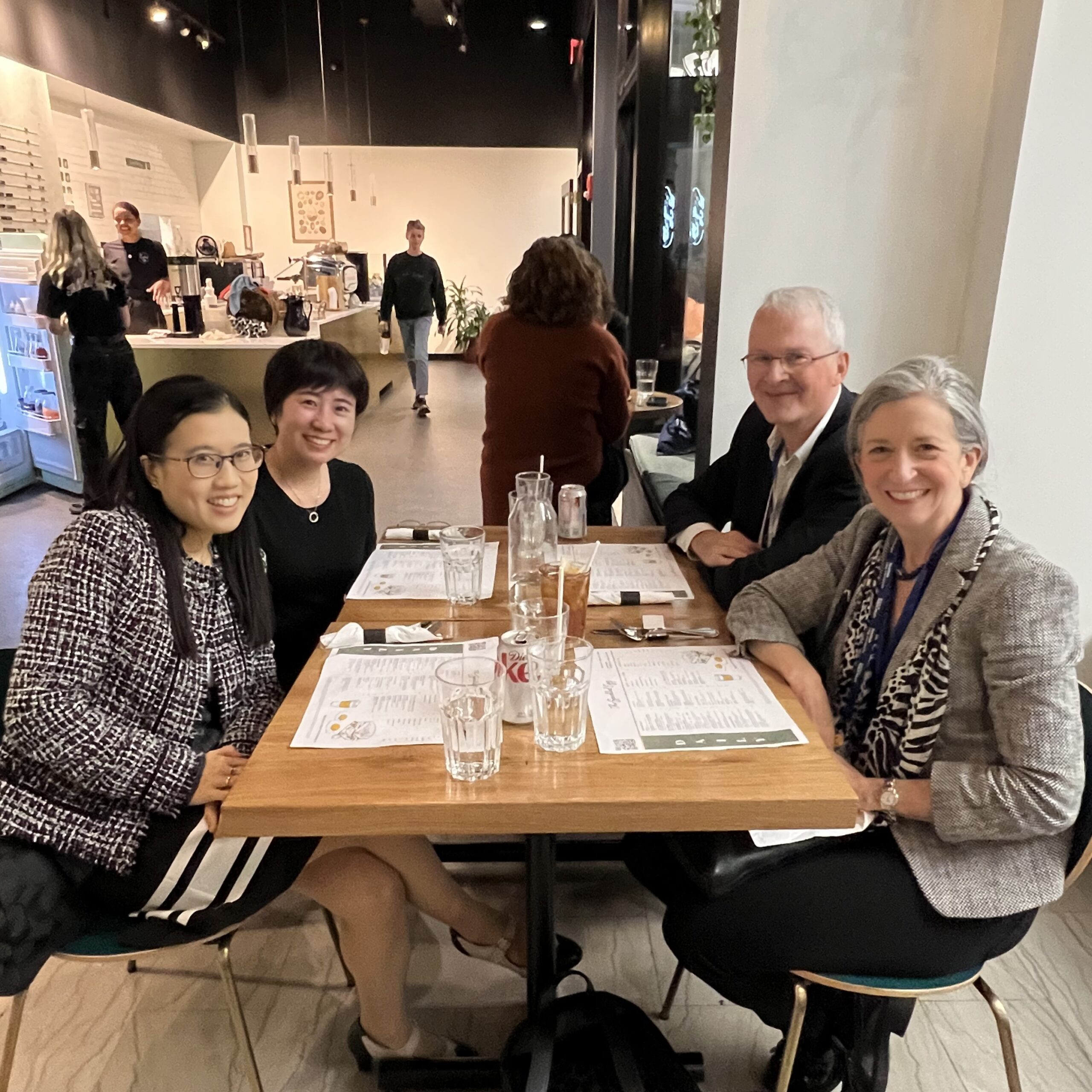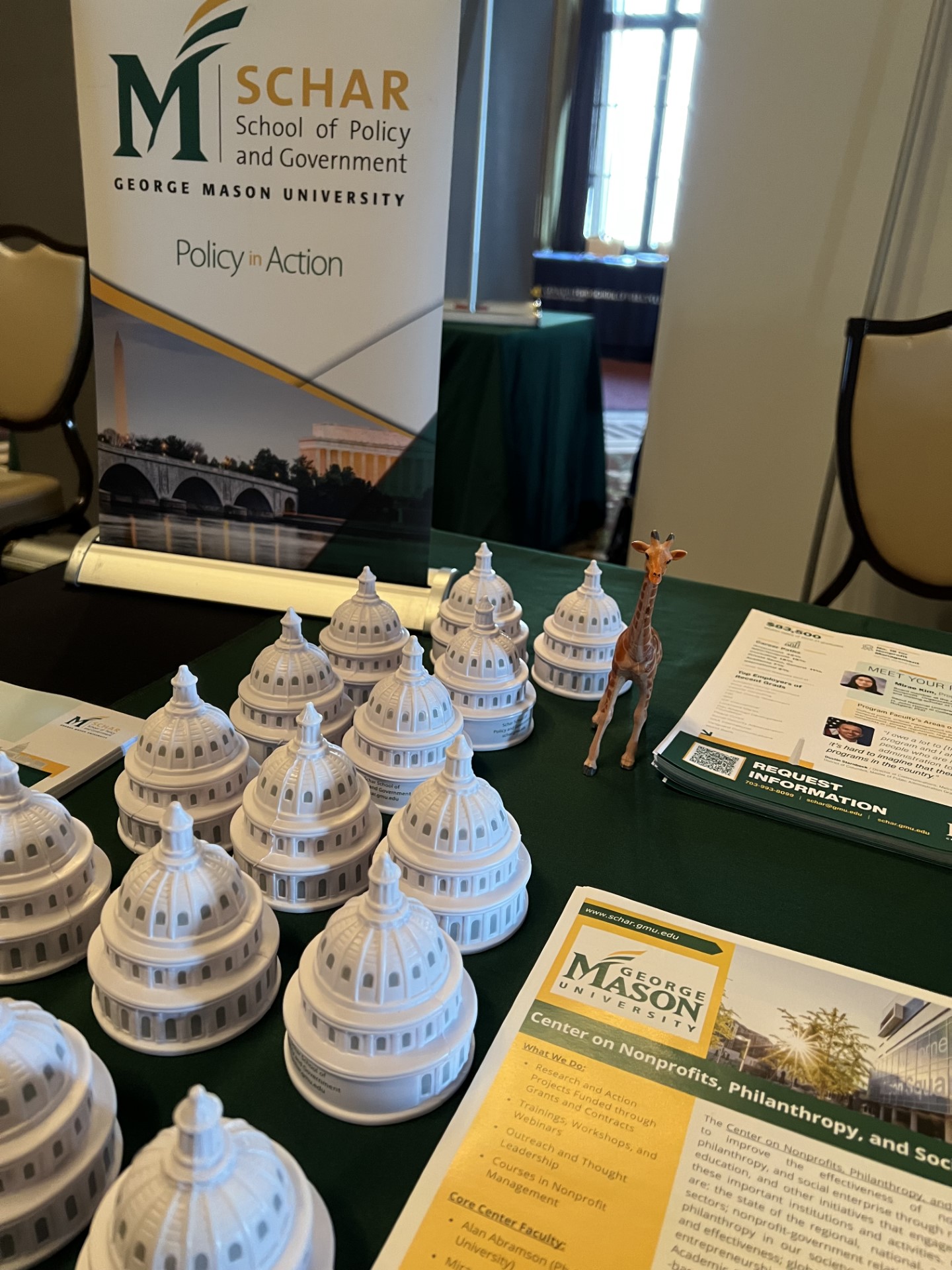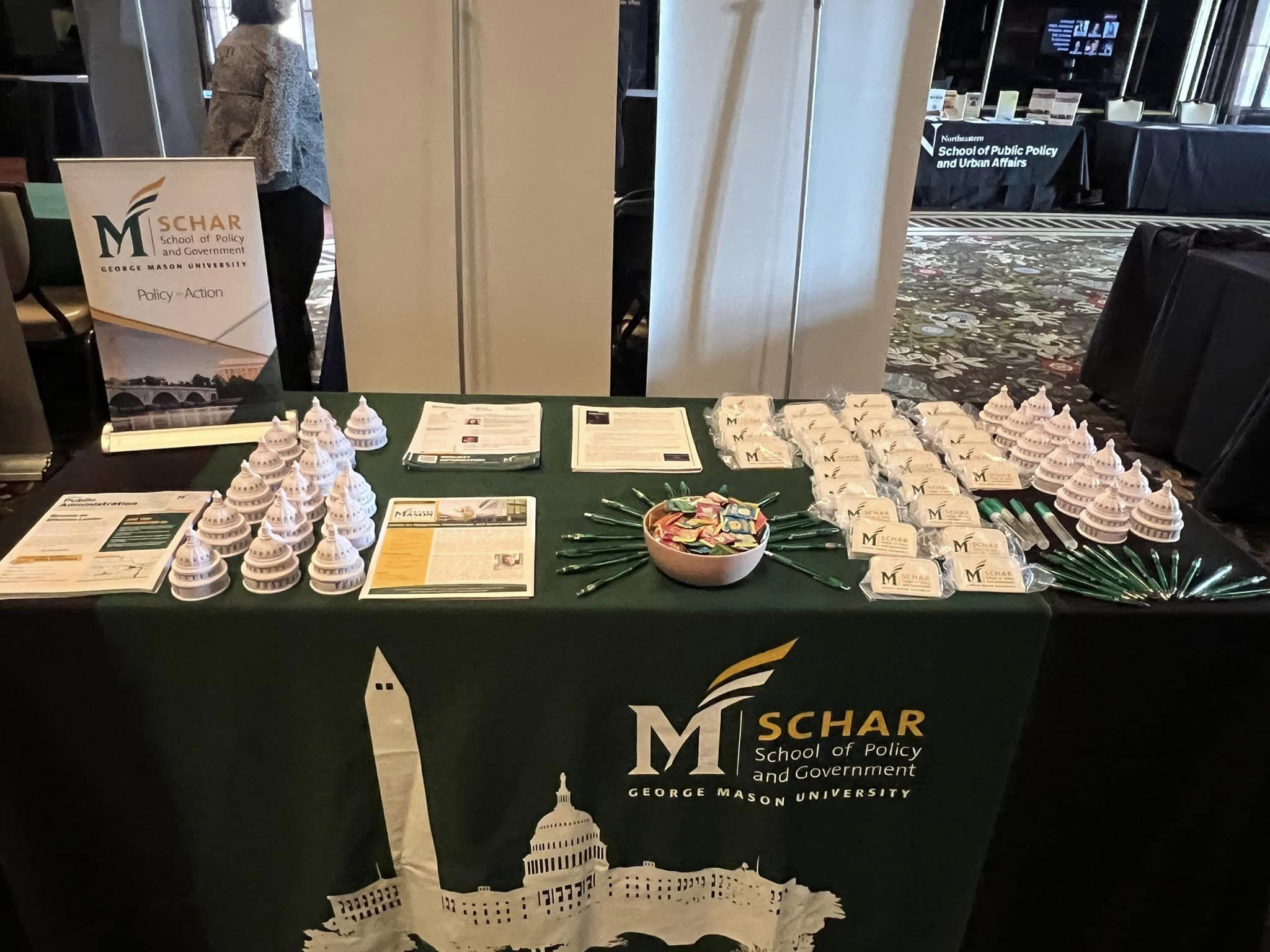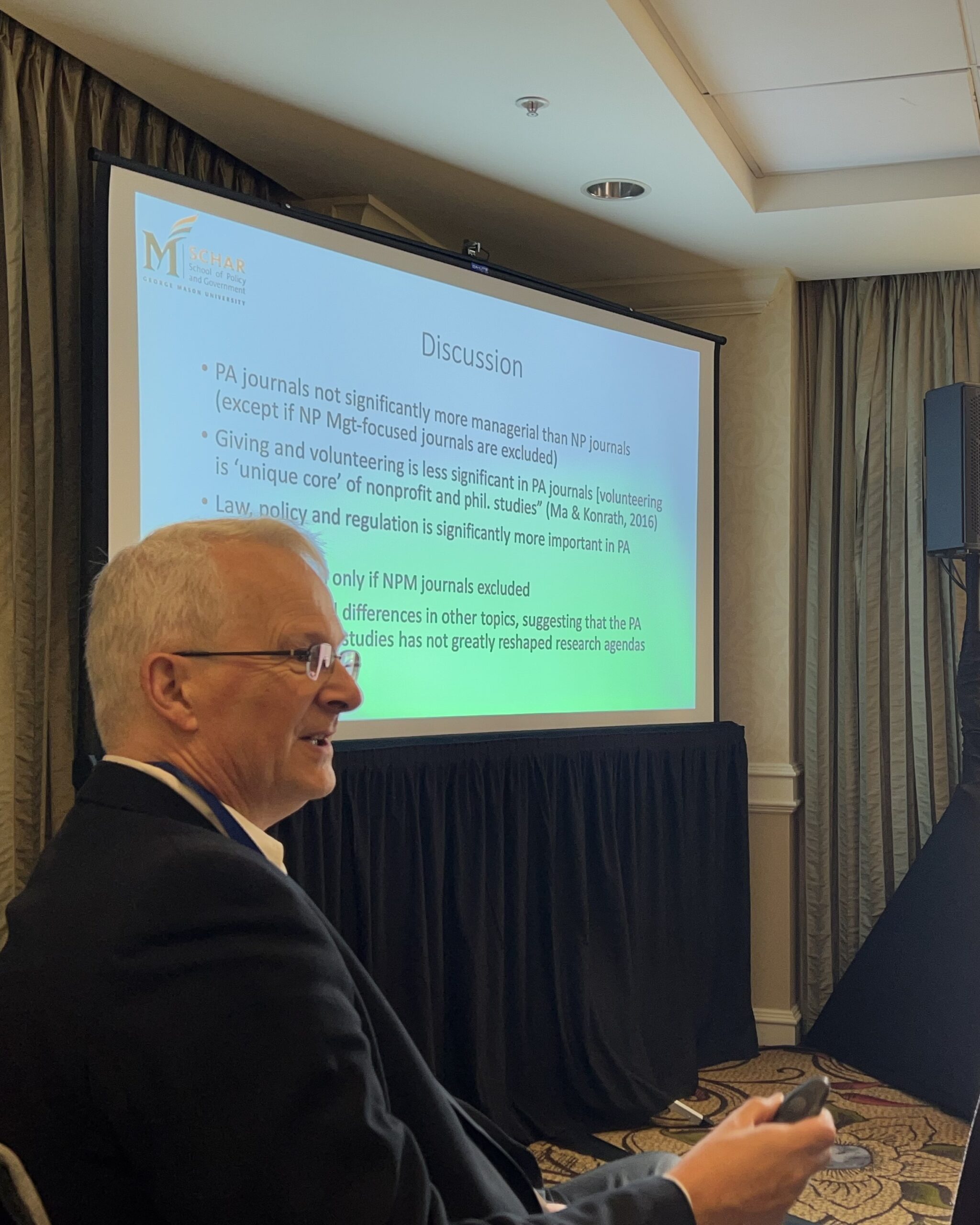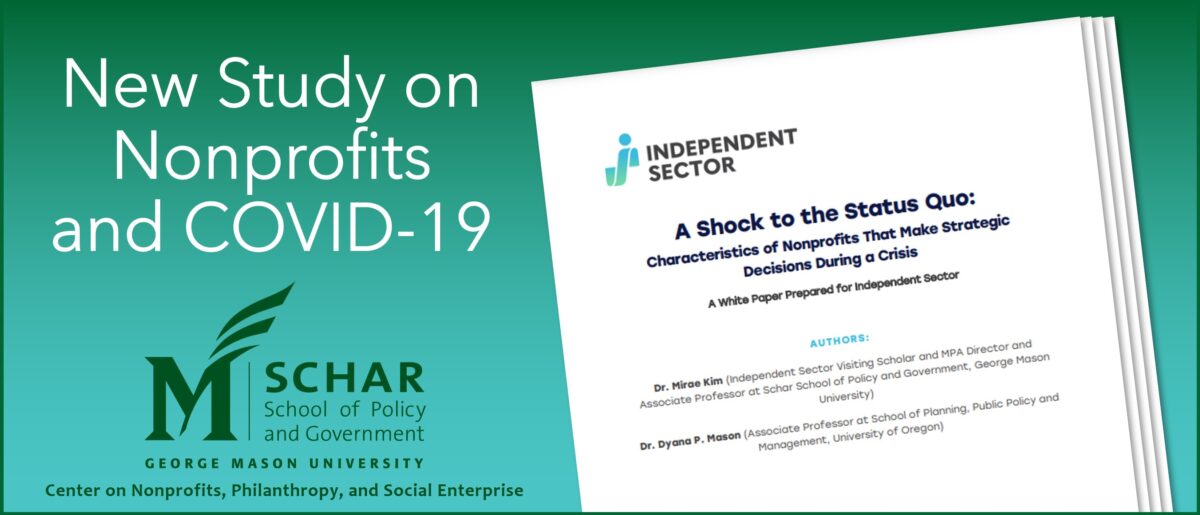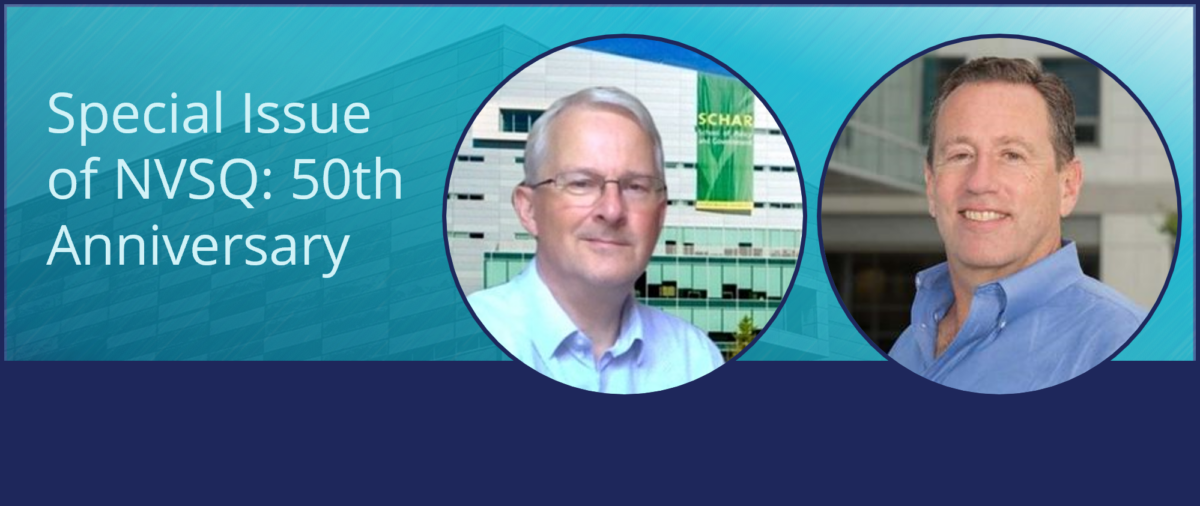By: Buzz McClain
Schar School professors Alan Abramson and Stefan Toepler attended a White House Roundtable on Nonprofit Workforce and Data last week.
The roundtable, which was organized by White House staff in collaboration with Independent Sector and the Aspen Institute’s Program on Philanthropy and Social Innovation, engaged participants in dialogue about the ongoing challenges facing the nonprofit workforce and the critical role that U.S. government plays in shaping and advancing policy interventions that are crucial to addressing the needs of the nonprofit workforce.
“Much of the roundtable discussion focused on how federal data sources, including information about nonprofit employment from the U.S. Bureau of Labor Statistics and nonprofit economic activity from the U.S. Bureau of Economic Analysis, can help policymakers better understand the condition of the nonprofit sector and inform their consideration of policies that can strengthen this important part of our society.”
Professor Abramson
The roundtable touched on an important area of focus for the Schar School’s Center on Nonprofits, Philanthropy, and Social Enterprise, directed by Abramson. With support from the Charles Stewart Mott Foundation, the center is engaged in a major project, the George Mason University – Nonprofit Employment Data project, that analyzes federal nonprofit employment data and is developing a website to make this data available to the public and scholars in an easily accessible format.
The project is also exploring other federal data sources that contain information about nonprofits which can be helpful to policymakers, nonprofit leaders, and scholars seeking to deepen their understanding of nonprofit activities.
For more information about recent Schar activities, check out this post by Buzz McClain.

